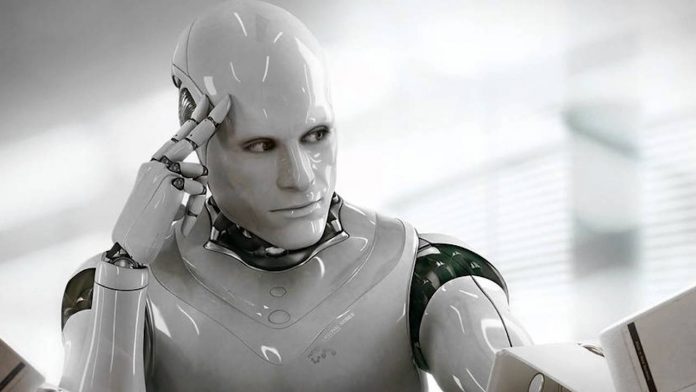In fact, it’s so difficult to believe that publications have been looking into the claims. Axios noted that none of the demos contain ambient noise or identify the restaurant or salon name. It then went as far to call over two dozen of them, finding that most of them had noise or and all of them gave the business name. This included some businesses in Google’s Mountain View hometown. This included some businesses in Google’s Mountain View hometown, and Axio also notes that the employees in Google’s demo didn’t ask for any phone numbers or emails.
Mashable went even more in-depth, tracking down a restaurant featured in Google’s blog post via social media images. After calling the restaurant, it asked about Duplex, and its manager said that while Duplex called, Google didn’t let him know in advance, before hanging up under further questioning.
Far from a Smoking Gun
Some are taking this as proof the Google Duplex demo was fake, but there are plenty of other explanations. Firstly, with technology still in the early stages, it would make sense for Google to pick restaurants it knew had a low amount of ambient noise. If it did call noisy businesses, it’s likely it wouldn’t include them as examples. As far as business names and employee introductions go, it’s possible Google edited them out to preserve anonymity. The demos say variations of “Hello, how can I help you?”, and “Hi, may I help you?”. It wouldn’t be hard task for the company to edit out information between the greeting and the question, nor would it be particularly misleading. As for contact information, restaurant bookings don’t usually require a phone number, and nor do hairdressers if you’re an established client. Or Google may have edited it out again to protect its employee’s privacy. Though Alphabet shouldn’t be let entirely off the hook here, it’s clear that these questions are far from a smoking gun. They’re certainly something Google should answer to, but I’m inclined to believe it until there’s concrete evidence.




